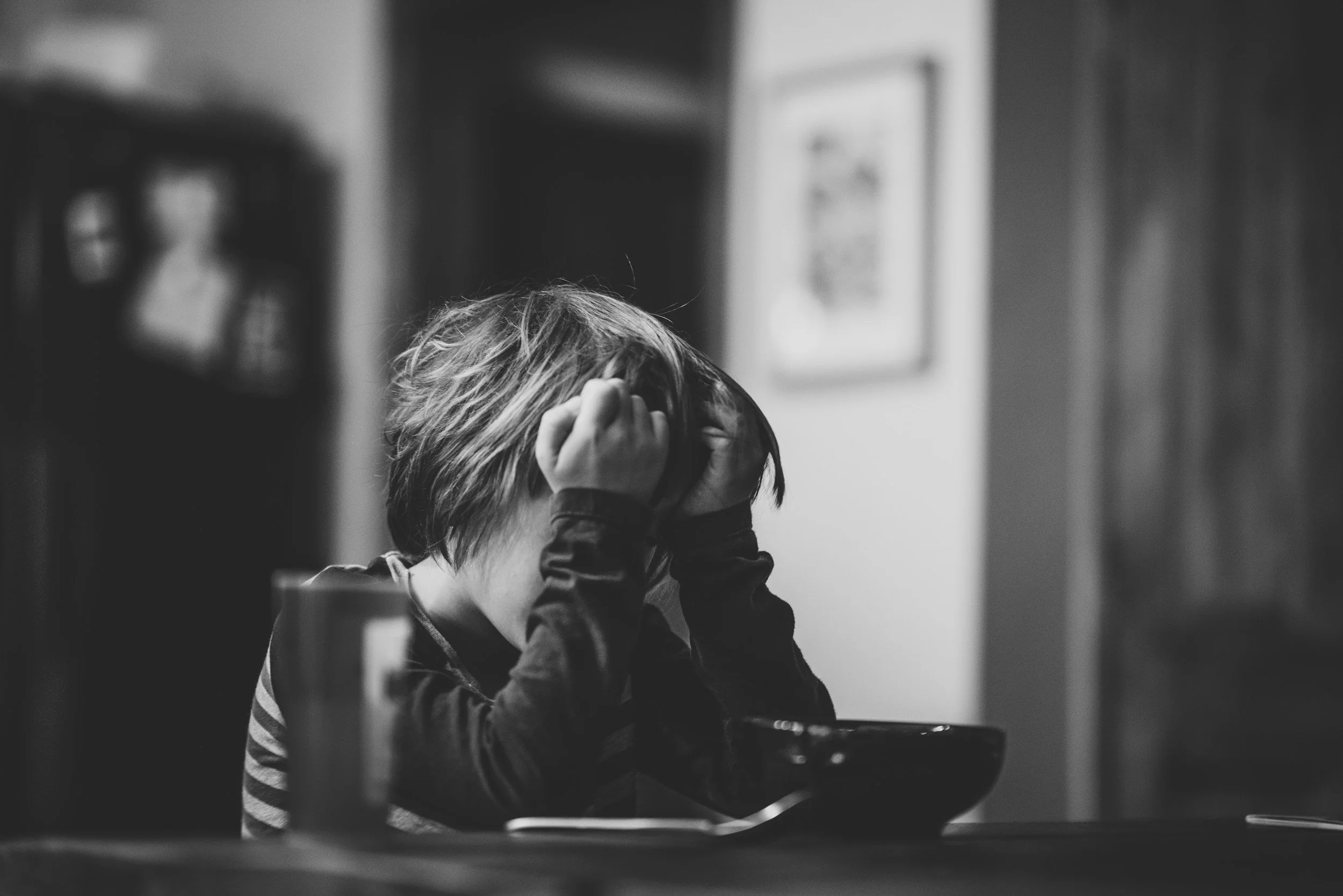Intensive Parenting Burnout: Why Trying to Get It All Right Is Making Us All Wrong
Saturday, July, 25, 2025. This is for Amy P
Your exhaustion isn’t a flaw — it’s the system talking.
What Is Intensive Parenting Burnout?
You love your kids. You read the books, pack the snacks, schedule the piano lessons, regulate your tone, monitor screen time, and teach them about emotional intelligence in the checkout line.
And you're exhausted — not just in your body, but in your soul.
That’s intensive parenting burnout: a slow, corrosive depletion caused not by apathy or neglect, but by cultural over-functioning. It thrives in high-achieving families, hides behind smiling family photos, and sounds like:
"I’m doing everything right.
Why does it still feel like I’m failing?"
The Rise of the Intensive Parenting Ideal
Sociologist Sharon Hays (1996) first described “intensive mothering” as an ideology demanding that parents — especially mothers — be child-centered, emotionally absorbing, and guided by expert knowledge at all times.
That model has only grown more extreme.
Today, intensive parenting means:
Constant emotional availability
High-level educational stimulation
Relentless self-sacrifice
And absolutely no visible resentment
It’s a belief system that tells parents: If your child is struggling, you’re doing it wrong. Try harder.
America’s Unique Brand of Burnout
In the U.S., parenting is a paradox:
Total responsibility. Minimal support.
We glorify the nuclear family and strip it of collective care. No universal childcare. Inadequate paid leave. And a punishing market logic that treats parenting as a solo performance under surveillance.
As parenting researcher Allison Pugh (2009) explains, families in unequal societies adopt “symbolic indulgence” — not because they have abundant resources, but because they feel morally compelled to perform abundance.
That performance is exhausting. And uniquely American.
Clinical Symptoms of Parenting Burnout
Psychologists Mikolajczak and Roskam (2021) outline four core features of burnout:
Overwhelming exhaustion
Emotional distancing from one’s children
Loss of parental accomplishment
Guilt and shame over one’s perceived failure
In therapy, it often presents subtly:
“I fantasize about being hospitalized—just for the rest.”
“I snap at my kids, then cry when they go to bed.”
“I don’t even know who I am anymore outside of parenting.”
This isn’t casual fatigue. It’s systemic collapse dressed as devotion.
Why Mothers Burn Out First — But Not Alone
While any parent can burn out, mothers remain the primary targets of the intensive parenting machine.
Even in “equal” homes, women do more invisible labor:
Managing logistics, anticipating needs, handling emotional fallout. Sociologist Allison Daminger (2019) calls this the “cognitive dimension of household labor,” and it’s rarely seen — but always felt.
That said, some fathers are burning out too, often without the language or permission to admit it.
And LGBTQ+, single, and neurodiverse parents face additional identity pressures that make the intensive parenting script even more rigid and isolating (Goldberg, 2010).
What the Experts Say: Competing Visions of Healthy Parenting
Alison Gopnik warns against “carpenter parenting” — shaping children into ideal forms — and instead encourages “gardener parenting,” which cultivates conditions for growth without control (Gopnik, 2016).
Esther Perel reminds us that when parenting consumes the adult self, intimacy and individuality erode. The result? Families run like nonprofits with no budget and no pleasure.
Brené Brown argues that burnout thrives in silence. If you can’t talk about your exhaustion without feeling shame, you’re not free — you’re performing.
How Burnout Hurts Children (And Why Less Can Be More)
Here’s the paradox: The very intensity meant to protect your child can quietly erode your bond with them.
When you're emotionally drained, empathy shuts down, connection thins, and ruptures go unrepaired.
Studies confirm that parental burnout predicts increased child behavioral issues, not because parents don't care, but because they have nothing left to give (Le Vigouroux et al., 2017).
Less perfection. More presence.
What Recovery Looks Like
Burnout won’t be healed by a better morning routine or another parenting book. It requires a deep rewiring of belief systems.
Embrace “Good Enough” Parenting
Winnicott’s term still holds: Children don’t need perfection. They need reliability, repair, and reality.
Reclaim Adult Identity
You are more than a parent. Be seen. Be known. Let your needs count in the family ledger.
Let Go of Constant Optimization
No child has ever been harmed by a quiet afternoon and a parent who rests.
Stop Competing
Say no to events. Say yes to frozen pizza. Cancel with abandon. You are not auditioning for sainthood.
Final Words: Opt Out Without Checking Out
The parenting game is rigged. The more you care, the more it asks of you — until you mistake exhaustion for virtue.
You don’t have to quit parenting.
You just have to quit the version that tells you your humanity is a liability.
Parenting well means parenting with limits. With humility. With the audacity to say, “I am tired — and that doesn’t make me a bad parent. It makes me an honest one.”
Be Well, Stay Kind, and Godspeed.
REFERENCES:
Brown, B. (2012). Daring greatly: How the courage to be vulnerable transforms the way we live, love, parent, and lead. Gotham Books.
Daminger, A. (2019). The cognitive dimension of household labor. American Sociological Review, 84(4), 609–633.
Gopnik, A. (2016). The gardener and the carpenter: What the new science of child development tells us about the relationship between parents and children. Farrar, Straus and Giroux.
Goldberg, A. E. (2010). Lesbian and gay parents and their children: Research on the family life cycle. American Psychological Association.
Hays, S. (1996). The cultural contradictions of motherhood. Yale University Press.
Le Vigouroux, S., Scola, C., & Roskam, I. (2017). The role of parental burnout in the development of child behavior problems. Journal of Child and Family Studies, 26, 3770–3781.
Mikolajczak, M., Roskam, I., & Gross, J. J. (2021). Parental burnout around the globe: A 42-country study. Affective Science, 2(1), 58–79.
Pugh, A. (2009). Longing and belonging: Parents, children, and consumer culture. University of California Press.
